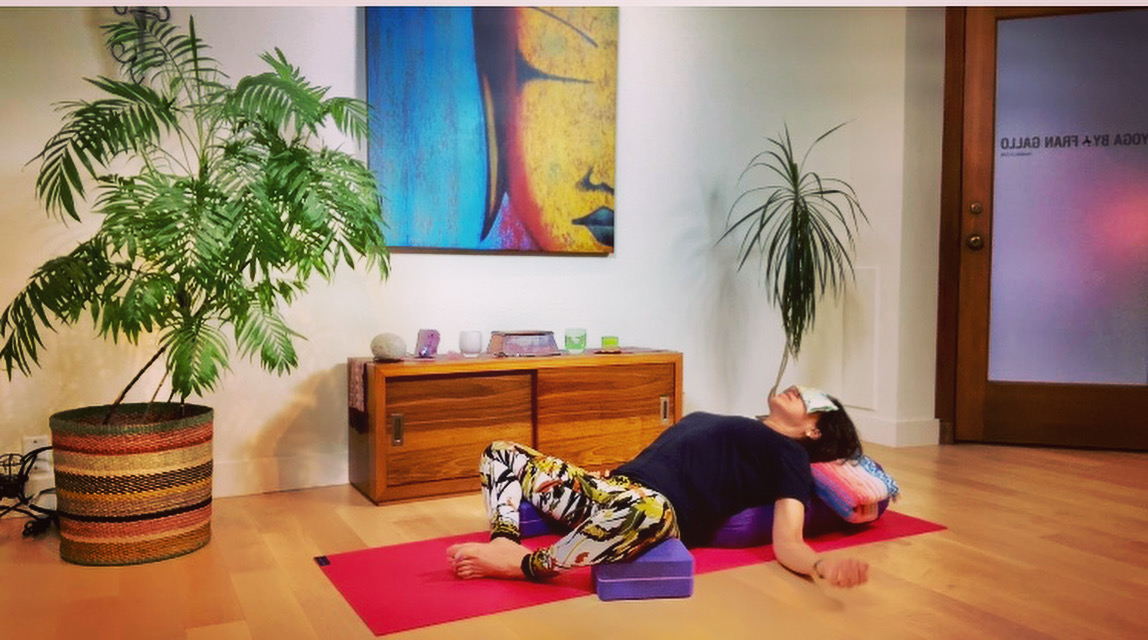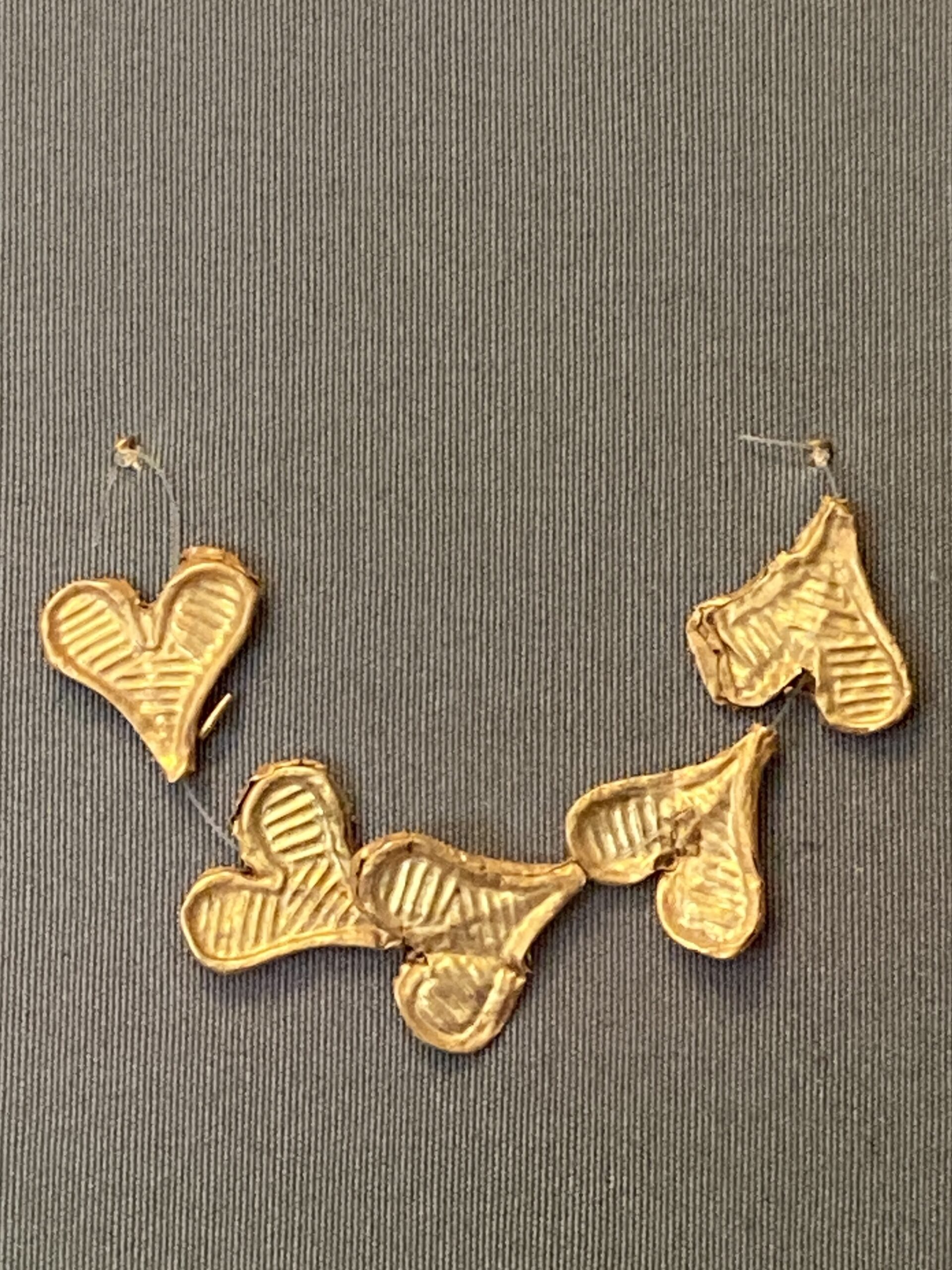On Thursday evening, I went to see Cheri Huber at East West Bookshop. She is a Zen Buddhist and the author of What you Practice Is What You Have. She has been very influential in my friend Karrie’s life. When Karrie asked me if I was interested in going to hear Cheri talk, I jumped on the opportunity to join her!
Here is the description I read of Cheri’s work:
Our lives become what we practice. If we practice “feeling worried” or “always wanting more”, that’s the life we have. If we practice kindness and self-acceptance, that’s the life we have. To have a different life, we must practice the difference we want. This is the message and guidance of What You Practice Is What You Have. the latest book by bestselling author Cheri Huber, founder of Living Compassion and the Zen Monastery Peace Center. Cheri is renowned for her many life-changing books and her 35 years of Zen practice and wisdom.
I was delighted to listen to Cheri speak. She infuses what she says with wonderful humor and solid confidence.
Cheri began by saying that our personal transformations will change the new generation. Children learn from who we are and not from what we tell them. The remainder of the evening/talk was all about Cheri’s technique for accessing one’s own personal transformation.
Cheri suggests recording your thoughts (yes, on a dictaphone or recorder) to your “mentor” within. Your wise mentor hears everything you need to say. Your wise mentor then gives you wise advice (again, done via recording). Cheri explained that through this process, we learn to get rid of “self-hate” and DEBRIS. Only then can clarity and wisdom come through. The key to all this is in hearing the playback of your own recorded voice. The sound of your own voice contains everything your body needs for healing itself. Your heart and body resonate with your voice and with the positive words of your mentor. You can begin by recording affirmations and then listening to them.
Via recording your thoughts and accessing your inner mentor, you connect with the authentic being inside of you. The heart begins to have a relationship with the unconditional love that animates you! Sometimes we get stuck in our stories, and the recorder helps us to move forward. According to Cheri, having words of kindness, compassion, and love being said to oneself in one’s own voice is transforming.
Zen Buddhists want to see an end to suffering. Cheri says, “If you want to suffer, then suffer. If you don’t, then move forward.” Meditate. If we just sit still, wisdom, unconditional love, and clarity come through to us and transform us.
Cheri teaches Conscious Compassion Awareness. She calls the voice talking in your head, the Ego Centric Karmic Conditioning Self-Hater. I think I got that right. I tried to memorize it since it came out of her mouth like an over-charged waterfall. This was the part that most interested me! That voice is Illusion and Imaginary Reality. It lives off the good energy. It makes you live in the past or in the future. It cannot exist in the present. When you meditate, you destroy it. You turn your attention away and it (the voice talking in your head) ceases to exist. This voice, when you actually allow yourself to listen to it, has the destructive capacity to review every stupid thing you have ever done in your life, sometimes over and over again! It never tires of replay. Given attention, it never rests. This voice inside is always talking to you, robbing you of your vital energy. This voice keeps you in a place of suffering. It lives off your life force, off your attention. It slowly destroys you. Its goal is to keep you feeling as if something is wrong. It keeps you in a state of discontent and from feeling there is never enough, so we stay in a constant state of wanting.
Recording your own voice, your inner most thoughts and letting the mentor within talk to you and give you loving advice and words of wisdom, allows you to acknowledge that the voice inside is not you. It doesn’t have your best interest in mind. Meditation and addressing your inner mentor provide ways to disengage from the negative stream of chatter inside the head.






Very interesting, Fran! I notice we often don’t like the sound of our voices when we hear them on recorded messages etc. I may get this book and give it a try.